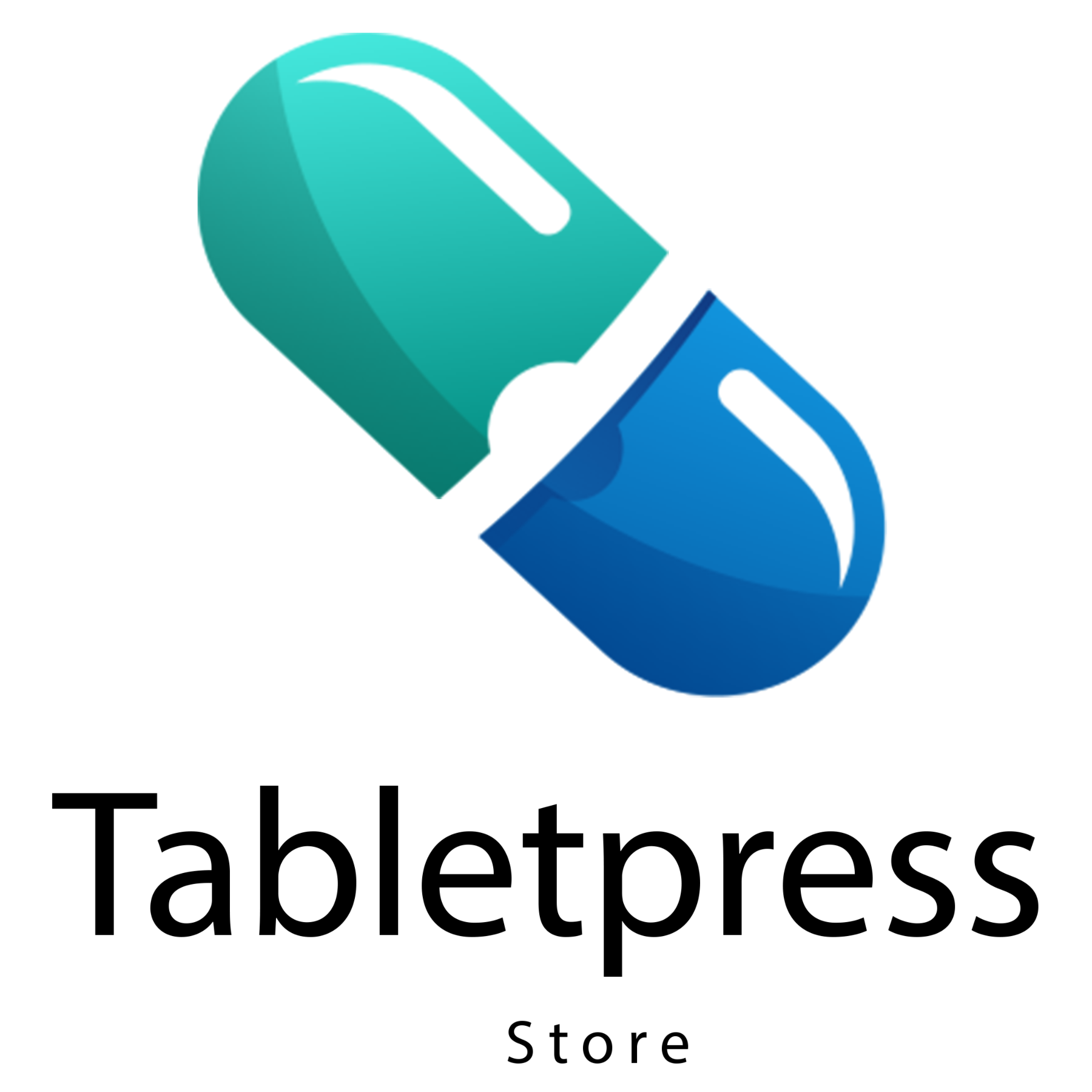Challenges and Solutions in Tablet Manufacturing: Ensuring Quality and Efficiency
Tablet manufacturing is one of the most critical processes in the pharmaceutical industry. Tablets are the most widely used dosage...
CELOSVĚTOVÁ DOPRAVA - Objednat nyní
In the pharmaceutical and food supplement industries, efficiency and reliability are crucial for maintaining competitive production schedules and ensuring the delivery of high-quality products. At the heart of these operations lies the tablet press, a vital piece of equipment that compresses powdered ingredients into solid tablets with precision and consistency. To maximize the performance and lifespan of tablet presses, regular maintenance is essential. This article explores the importance of tablet press maintenance and offers practical advice for streamlining production through effective maintenance practices.
Practical Maintenance Tips:
Conclusion: Regular maintenance of tablet presses is essential for ensuring consistent product quality, minimizing downtime, extending equipment lifespan, enhancing safety, and complying with regulatory requirements. By prioritizing maintenance and implementing best practices, manufacturers can streamline production processes, reduce costs, and maintain a competitive edge in the pharmaceutical and food supplement industries. Investing in maintenance is an investment in the future success and sustainability of your manufacturing operation.
Tablet manufacturing is one of the most critical processes in the pharmaceutical industry. Tablets are the most widely used dosage...
Tablet compression technology has evolved significantly over the years, driven by the need for more efficient, precise, and versatile solutions...
Tablet press machines, often referred to as tablet compression machines, are essential tools in the pharmaceutical industry. These machines are...
Tablet compression machines, also known as tablet presses, are the backbone of tablet manufacturing in the pharmaceutical industry. These machines...
